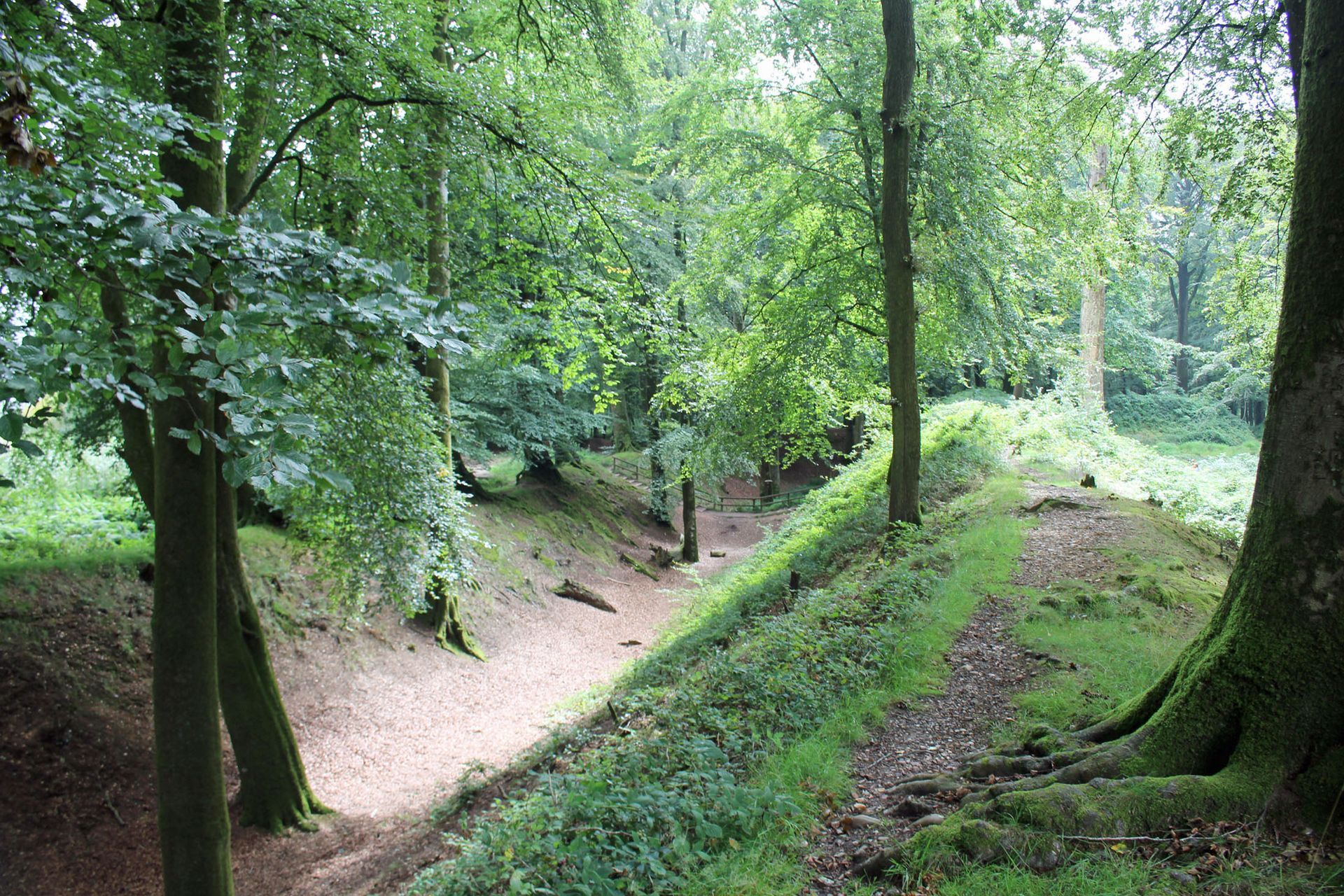Celtic Devon
Woodbury Castle Iron Age Hillfort in Devon
Why Devon and Cornwall have more in common than we thought
© 2022-24 Geoffrey M. Hodgson
"a very careful and thoughtful analysis of the available data", Chris Northcott, New Zealand
In terms of its culture and history, Devon is often considered to be very different from neighbouring Cornwall. Indeed, there are contrasts in landscape, place names, cuisine and culture. Many Devonians see themselves as Saxons. The Cornish describe themselves as Celts. Cornish was spoken in Cornwall until the eighteenth century. Cornish is not a dialect of English: it is a completely different language. Cornwall harbours a sense of independence and separateness that is not found to the same degree in Devon.
Historians have traditionally emphasized this difference and separateness. This essay shows that things are much more complex. In particular, the number of Celtic place-names in Devon has been greatly underestimated. For example, the name combe
(meaning 'little valley') is also plentiful in France. This refutes the idea that combe
is of Saxon origin. French etymologists uphold that combe
is of Celtic derivation. The same must be true of combe
in Devon, where it is a frequent place-name element. Likewise, the name tor
(rocky peak) is likely to come from the Celtic word twr,
meaning 'heap'.
The essay also presents evidence to suggest that a Celtic language (which would have been close to Cornish) survived in Devon until the thirteenth century.
Celtic Devon
can be downloaded here, free of charge.

